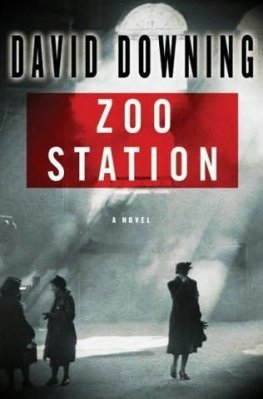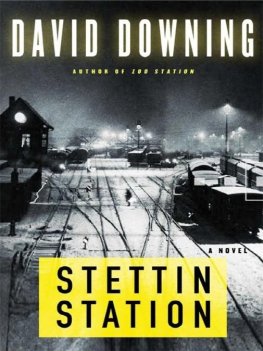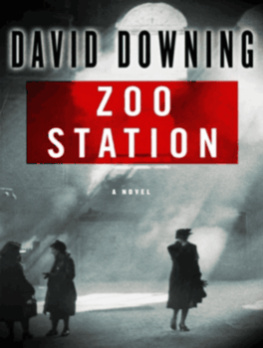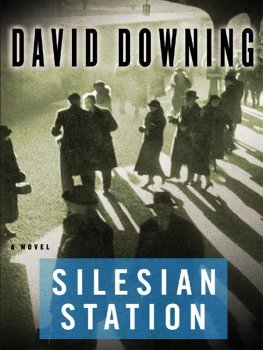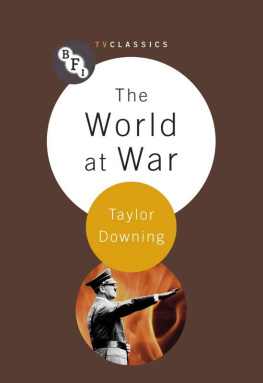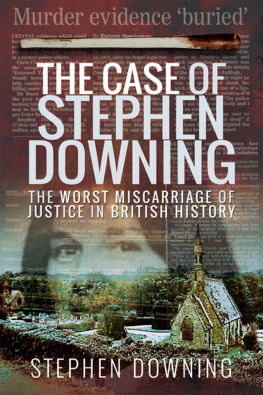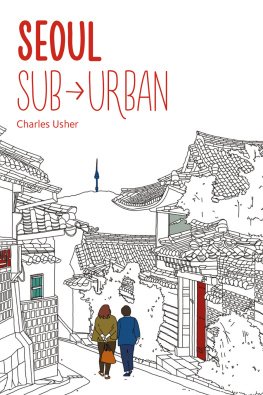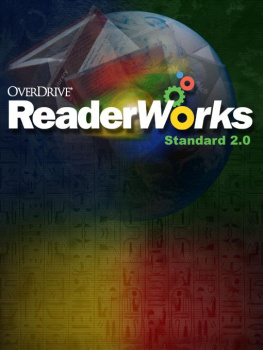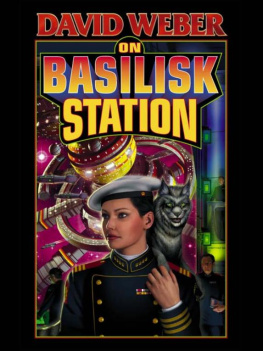David Downing - Zero Station
Here you can read online David Downing - Zero Station full text of the book (entire story) in english for free. Download pdf and epub, get meaning, cover and reviews about this ebook. genre: Detective and thriller. Description of the work, (preface) as well as reviews are available. Best literature library LitArk.com created for fans of good reading and offers a wide selection of genres:
Romance novel
Science fiction
Adventure
Detective
Science
History
Home and family
Prose
Art
Politics
Computer
Non-fiction
Religion
Business
Children
Humor
Choose a favorite category and find really read worthwhile books. Enjoy immersion in the world of imagination, feel the emotions of the characters or learn something new for yourself, make an fascinating discovery.
- Book:Zero Station
- Author:
- Genre:
- Rating:3 / 5
- Favourites:Add to favourites
- Your mark:
- 60
- 1
- 2
- 3
- 4
- 5
Zero Station: summary, description and annotation
We offer to read an annotation, description, summary or preface (depends on what the author of the book "Zero Station" wrote himself). If you haven't found the necessary information about the book — write in the comments, we will try to find it.
Zero Station — read online for free the complete book (whole text) full work
Below is the text of the book, divided by pages. System saving the place of the last page read, allows you to conveniently read the book "Zero Station" online for free, without having to search again every time where you left off. Put a bookmark, and you can go to the page where you finished reading at any time.
Font size:
Interval:
Bookmark:
David Downing
Zero Station
Into the Blue
There were two hours left of 1938. In Danzig it had been snowing on and off all day, and a gang of children was enjoying a snowball fight in front of the grain warehouses which lined the old waterfront. John Russell paused to watch them for a few moments, then walked on up the cobbled street toward the blue and yellow lights.
The Sweden Bar was far from crowded, and those few faces that turned his way werent exactly brimming over with festive spirit. In fact, most of them looked like theyd rather be somewhere else.
It was an easy thing to want. The Christmas decorations hadnt been removed, just allowed to drop, and they now formed part of the flooring, along with patches of melting slush, floating cigarette butts, and the odd broken bottle. The bar was famous for the savagery of its international brawls, but on this particular night the various groups of Swedes, Finns, and Letts seemed devoid of the energy needed to get one started. Usually a table or two of German naval ratings could be relied upon to provide the necessary spark, but the only Germans present were a couple of aging prostitutes, and they were getting ready to leave.
Russell took a stool at the bar, bought himself a Goldwasser, and glanced through the month-old copy of the New York Herald Tribune which, for some inexplicable reason, was lying there. One of his own articles was in it, a piece on German attitudes to their pets. It was accompanied by a cute-looking photograph of a Schnauzer.
Seeing him reading, a solitary Swede two stools down asked him, in perfect English, if he spoke that language. Russell admitted that he did.
You are English! the Swede exclaimed, and shifted his considerable bulk to the stool adjoining Russells.
Their conversation went from friendly to sentimental, and sentimental to maudlin, at what seemed like a breakneck pace. Three Goldwassers later, the Swede was telling him that he, Lars, was not the true father of his children. Vibeke had never admitted it, but he knew it to be true.
Russell gave him an encouraging pat on the shoulder, and Lars sunk forward, his head making a dull clunk as it hit the polished surface of the bar. Happy New Year, Russell murmured. He shifted the Swedes head slightly to ease the mans breathing, and got up to leave.
Outside, the sky was beginning to clear, the air almost cold enough to sober him up. An organ was playing in the Protestant Seamens Church, nothing hymnal, just a slow lament, as if the organist were saying a personal farewell to the year gone by. It was a quarter to midnight.
Russell walked back across the city, conscious of the moisture seeping in through the holes in his shoes. There were lots of couples on Langer Markt, laughing and squealing as they clutched each other for balance on the slippery sidewalks.
He cut over to Breite Gasse and reached the Holz-Markt just as the bells began pealing in the New Year. The square was full of celebrating people, and an insistent hand pulled him into a circle of revelers dancing and singing in the snow. When the song ended and the circle broke up, the Polish girl on his left reached up and brushed her lips against his, eyes shining with happiness. It was, he thought, a better-than-expected opening to 1939.
His hotels reception area was deserted, and the sounds of celebration emanating from the kitchen at the back suggested the night staff were enjoying their own private party. Russell gave up the idea of making himself a hot chocolate while his shoes dried in one of the ovens, and took his key. He clambered up the stairs to the third floor, and trundled down the corridor to his room. Closing the door behind him, he became painfully aware that the occupants of the neighboring rooms were still welcoming in the new year, loud singing on one side, floor-shaking sex on the other. He took off his shoes and socks, dried his wet feet with a towel, and sank back onto the vibrating bed.
There was a discreet, barely audible tap on his door.
Cursing, he levered himself off the bed and pulled the door open. A man in a crumpled suit and open shirt stared back at him.
Mr. John Russell, the man said in English, as if he were introducing Russell to himself. The Russian accent was slight, but unmistakable. Could I talk with you for a few minutes?
Its a bit late Russell began. The mans face was vaguely familiar. But why not? he continued, as the singers next door reached for a new and louder chorus. A journalist should never turn down a conversation, he murmured, mostly to himself, as he let the man in. Take the chair, he suggested.
His visitor sat back and crossed one leg over the other, hitching up his trouser as he did so. We have met before, he said. A long time ago. My name is Shchepkin. Yevgeny Grigorovich Shchepkin. We
Yes, Russell interrupted, as the memory clicked into place. The discussion group on journalism at the Fifth Congress. The summer of twenty-four.
Shchepkin nodded his acknowledgment. I remember your contributions, he said. Full of passion, he added, his eyes circling the room and resting, for a few seconds, on his hosts dilapidated shoes.
Russell perched himself on the edge of the bed. As you said-a long time ago. He and Ilse had met at that conference and set in motion their ten year cycle of marriage, parenthood, separation, and divorce. Shchepkins hair had been black and wavy in 1924; now it was a close-cropped gray. They were both a little older than the century, Russell guessed, and Shchepkin was wearing pretty well, considering what hed probably been through the last fifteen years. He had a handsome face of indeterminate nationality, with deep brown eyes above prominent slanting cheekbones, an aquiline nose, and lips just the full side of perfect. He could have passed for a citizen of most European countries, and probably had.
The Russian completed his survey of the room. This is a dreadful hotel, he said.
Russell laughed. Is that what you wanted to talk about?
No. Of course not.
So what are you here for?
Ah. Shchepkin hitched his trouser again. I am here to offer you work.
Russell raised an eyebrow. You? Who exactly do you represent?
The Russian shrugged. My country. The Writers Union. It doesnt matter. You will be working for us. You know who we are.
No, Russell said. I mean, no Im not interested. I-
Dont be so hasty, Shchepkin said. Hear me out. We arent asking you to do anything which your German hosts could object to. The Russian allowed himself a smile. Let me tell you exactly what we have in mind. We want a series of articles about positive aspects of the Nazi regime. He paused for a few seconds, waiting in vain for Russell to demand an explanation. You are not German but you live in Berlin, Shchepkin went on. You once had a reputation as a journalist of the left, and though that reputation has-shall we say-faded, no one could accuse you of being an apologist for the Nazis
But you want me to be just that.
No, no. We want positive aspects, not a positive picture overall. That would not be believable.
Russell was curious in spite of himself. Or because of the Goldwassers. Do you just need my name on these articles? he asked. Or do you want me to write them as well?
Oh, we want you to write them. We like your style-all that irony.
Russell shook his head: Stalin and irony didnt seem like much of a match.
Shchepkin misread the gesture. Look, he said, let me put all my cards on the table.
Russell grinned.
Shchepkin offered a wry smile in return. Well, most of them anyway. Look, we are aware of your situation. You have a German son and a German lady-friend, and you want to stay in Germany if you possibly can. Of course if a war breaks out you will have to leave, or else they will intern you. But until that moment comes-and maybe it wont-miracles do happen-until it does you want to earn your living as a journalist without upsetting your hosts. What better way than this? You write nice things about the Nazis-not too nice, of course; it has to be credible-but you stress their good side.
Font size:
Interval:
Bookmark:
Similar books «Zero Station»
Look at similar books to Zero Station. We have selected literature similar in name and meaning in the hope of providing readers with more options to find new, interesting, not yet read works.
Discussion, reviews of the book Zero Station and just readers' own opinions. Leave your comments, write what you think about the work, its meaning or the main characters. Specify what exactly you liked and what you didn't like, and why you think so.

